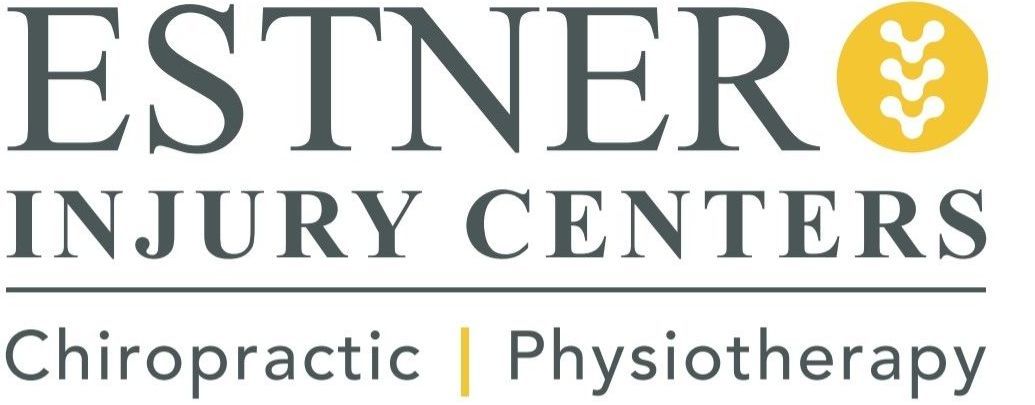The Unseen Impact of Whiplash After A Car Accident
Share
The Hidden Burden of Whiplash After a Car Accident
Car accidents can be traumatic experiences, leaving behind both visible and invisible scars. Among the hidden injuries, whiplash stands out as a common but often underestimated consequence. In this blog post, we will explore the unseen impact of whiplash after a car accident, offering insights into its physical and mental toll, legal implications, recovery strategies, and preventive measures.

Whiplash is a neck injury caused by a sudden, forceful back-and-forth movement of the neck, similar to the cracking of a whip. It often occurs in rear-end car accidents but can also result from sports injuries or falls. While it might seem like a minor injury, whiplash can have significant and lasting effects on those who experience it.
Whiplash symptoms can vary widely, including neck pain, stiffness, headaches, dizziness, and even cognitive issues. These symptoms can appear immediately after the accident or develop over several days. Recognizing and addressing whiplash early on is crucial for minimizing its long-term impact.
The Physical and Mental Toll of Whiplash
Whiplash affects not only the neck but also the entire body. Physically, it can lead to chronic pain, reduced range of motion, and muscle spasms. Some individuals may experience persistent headaches, fatigue, and sleep disturbances. The physical toll of whiplash can be debilitating, affecting daily activities and overall quality of life.
Mentally, the impact of whiplash can be profound. Many accident survivors report experiencing anxiety, depression, and post-traumatic stress disorder (PTSD). Living with chronic pain and limited mobility can take a toll on mental health, leading to feelings of frustration and helplessness. It's essential to address both the physical and mental aspects of whiplash to ensure comprehensive recovery.
Medical professionals emphasize the importance of seeking prompt medical attention after a car accident, even if symptoms seem minor. Personal accounts from accident survivors highlight the challenges of living with whiplash and the importance of a holistic approach to treatment.
Understanding Whiplash
Legal Implications and Seeking Compensation
Understanding your legal rights is crucial if you've suffered whiplash in a car accident. Personal injury lawyers play a vital role in helping accident victims seek compensation for their injuries. They can guide you through the complex legal process, ensuring you receive the support you deserve.
Documenting your whiplash injury is essential for building a strong case. Keep detailed records of your medical visits, treatments, and any impact on your daily life. This documentation will be invaluable when seeking compensation for medical expenses, lost wages, and pain and suffering.
Personal injury lawyers can also help you negotiate with insurance companies and, if necessary, represent you in court. Their expertise ensures that you have the best chance of receiving fair compensation for your whiplash injury.
Coping Mechanisms and Recovery
Recovering from whiplash requires a multi-faceted approach that addresses both physical and mental aspects. Physical therapy, chiropractic care, and pain management techniques are commonly used to alleviate symptoms and promote healing. It's important to follow a tailored treatment plan designed by healthcare professionals.
Coping with the mental toll of whiplash is equally important. Support groups and counseling can provide valuable emotional support and strategies for managing anxiety and depression. Testimonials from individuals who have successfully recovered from whiplash highlight the importance of a comprehensive approach to recovery.
Lifestyle adjustments, such as incorporating gentle exercises, practicing mindfulness, and maintaining a healthy diet, can also aid in the recovery process. Patience and persistence are key, as recovery from whiplash can take time.
The Future of Preventing Whiplash and Post-Accident Support
Prevention is always better than cure, and this holds true for whiplash as well. There are several steps you can take to reduce the risk of whiplash in the event of a car accident. Properly adjusting your car's headrest, wearing seat belts, and driving cautiously are simple yet effective measures.
Post-accident support networks play a crucial role in recovery. Building a support system of family, friends, and healthcare professionals can provide the emotional and practical assistance needed during the healing process. Don't hesitate to reach out for help and share your experiences with others who may be going through similar challenges.
Looking ahead, advancements in car safety technology offer hope for reducing the incidence of whiplash injuries. Features such as improved seatbelt designs, advanced airbag systems, and collision avoidance technologies can significantly enhance passenger safety.
Contact Us Today For Expert Whiplash Treatment And Support
The hidden burden of whiplash after a car accident is a reality that many individuals face. Understanding the physical and mental toll, legal implications, and recovery strategies is essential for comprehensive healing. Preventive measures and post-accident support networks further contribute to improving outcomes for whiplash sufferers.
If you or someone you know has experienced whiplash, don't hesitate to seek both medical and legal support. Your well-being matters, and addressing the full impact of whiplash is crucial for a healthier, happier future.
Share your experiences, seek further information, and join us in advocating for better awareness and support for whiplash victims. Remember, you're not alone in this journey.

